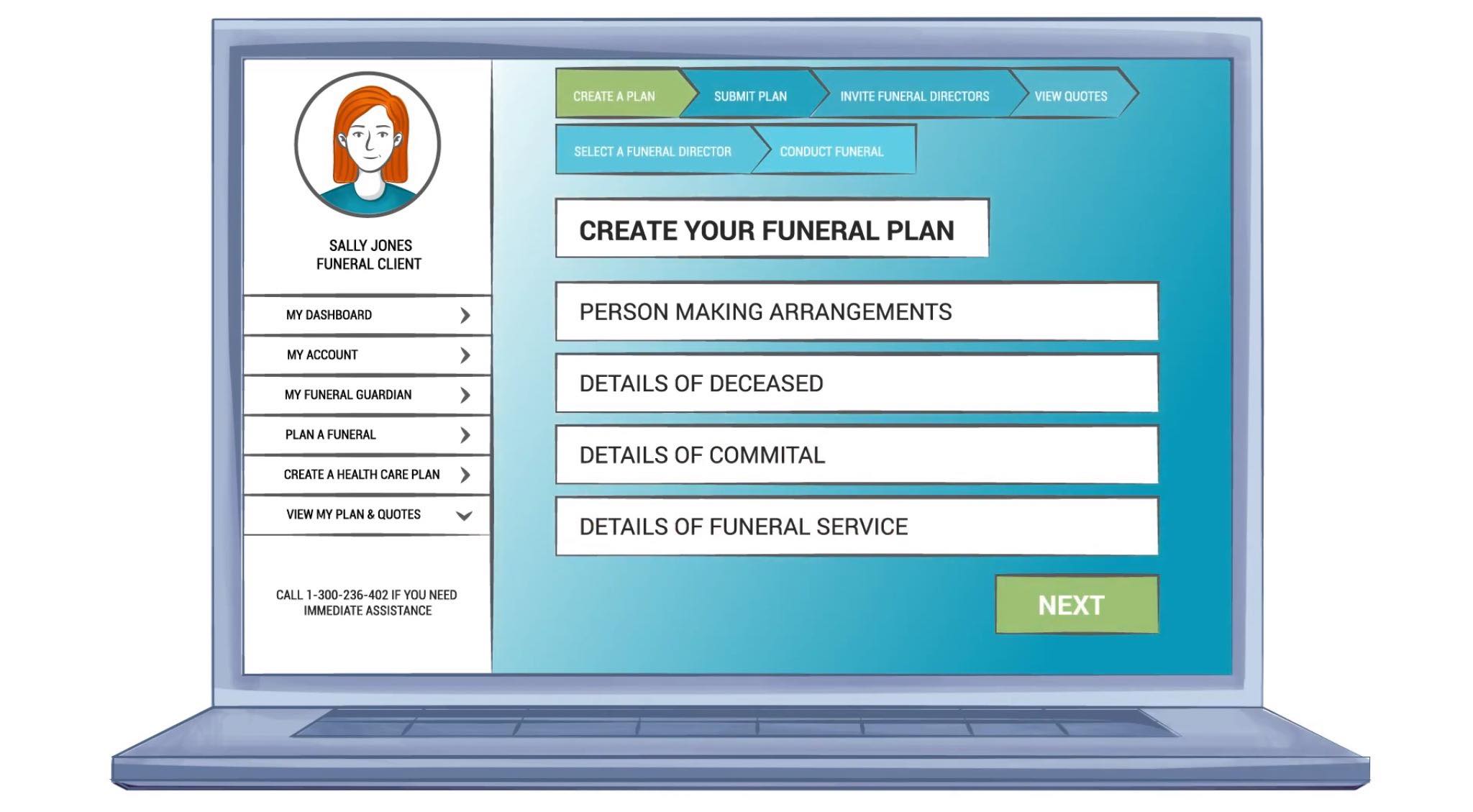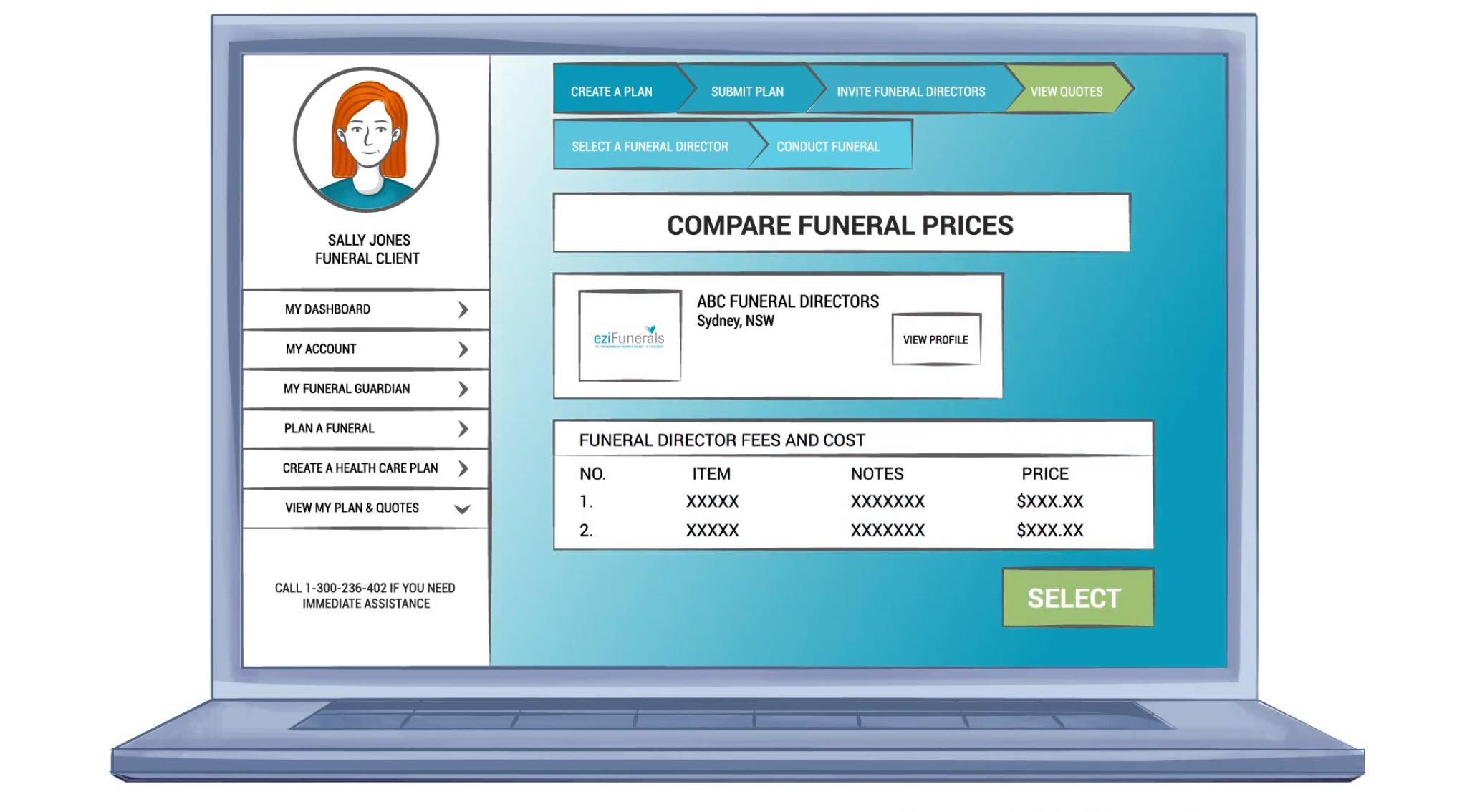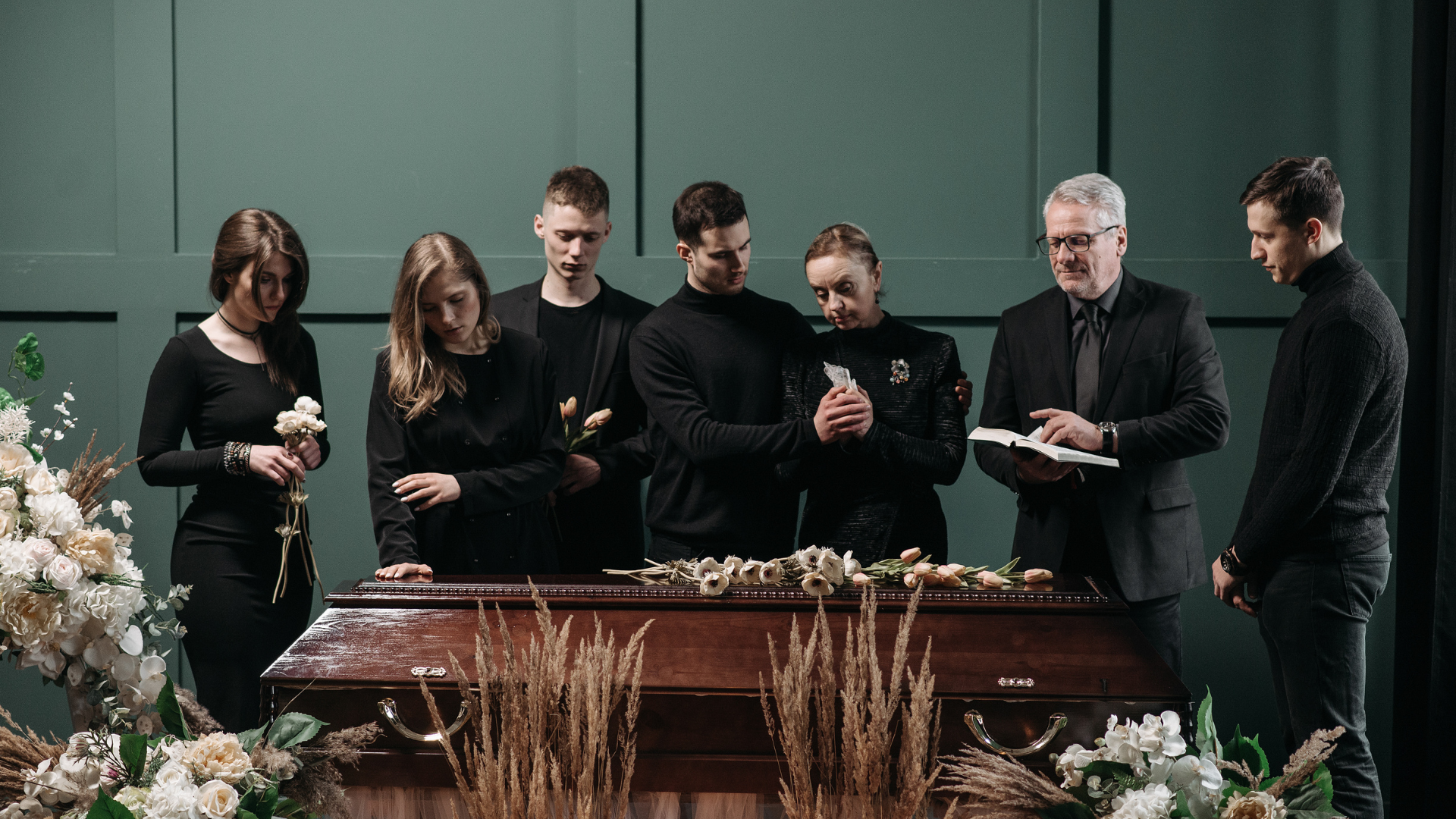Losing a loved one is an emotionally challenging experience, and attending a funeral is a way to honor their memory and offer support to the grieving family. One aspect often causing concern is choosing the appropriate attire. Understanding the significance of dressing respectfully and adhering to cultural or regional norms is crucial. Let’s delve into the different aspects of appropriate funeral attire, considering various perspectives such as for men, women, and specific cultural expectations, such as in Australia.
What to Wear to a Funeral
General Guidelines:
- Respectful and Conservative: The primary consideration for funeral attire is to dress in a way that shows respect for the deceased and their family. Opt for conservative and modest clothing.
- Dark Colors: Traditional funeral attire often revolves around darker shades like black, navy blue, dark gray, or deep maroon. These colors symbolize mourning and convey a solemn presence.
- Avoid Bright and Loud Patterns: While patterns can be acceptable, try to avoid flashy or overly vibrant patterns that may draw attention.
- Appropriate Fit and Comfort: Ensure your clothing is well-fitted and comfortable. It’s important to be respectful, but also practical, especially during a time of mourning.
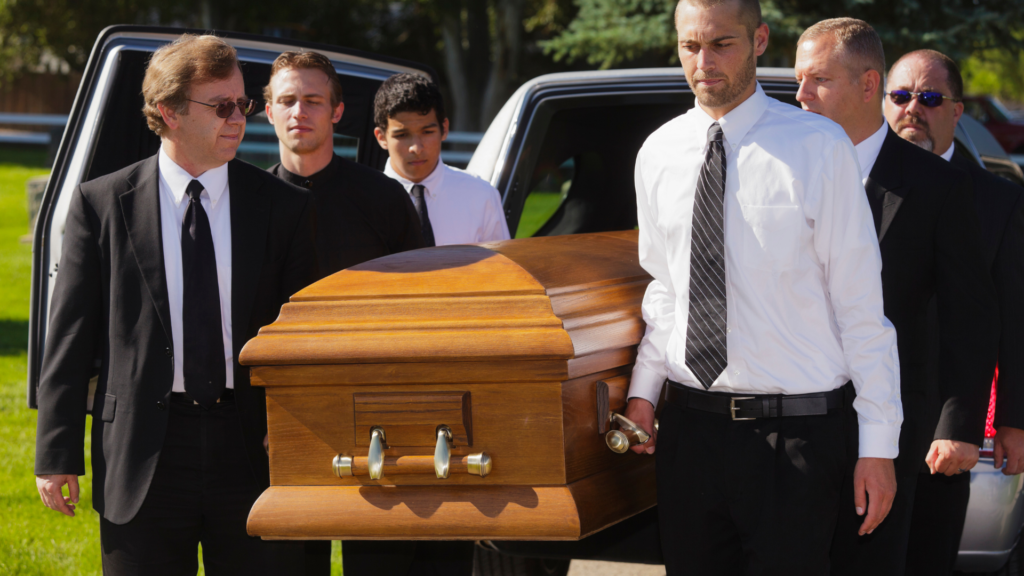
What to Wear to a Funeral – Men
For men attending a funeral, the typical attire consists of:
- Suit or Dress Pants with a Dress Shirt: A dark suit or dress pants paired with a collared dress shirt is a standard choice. Opt for a tie and dress shoes to complete the outfit.
- Optional Suit Jacket: Wearing a suit jacket or blazer is often expected but can be adjusted based on the formality of the service.
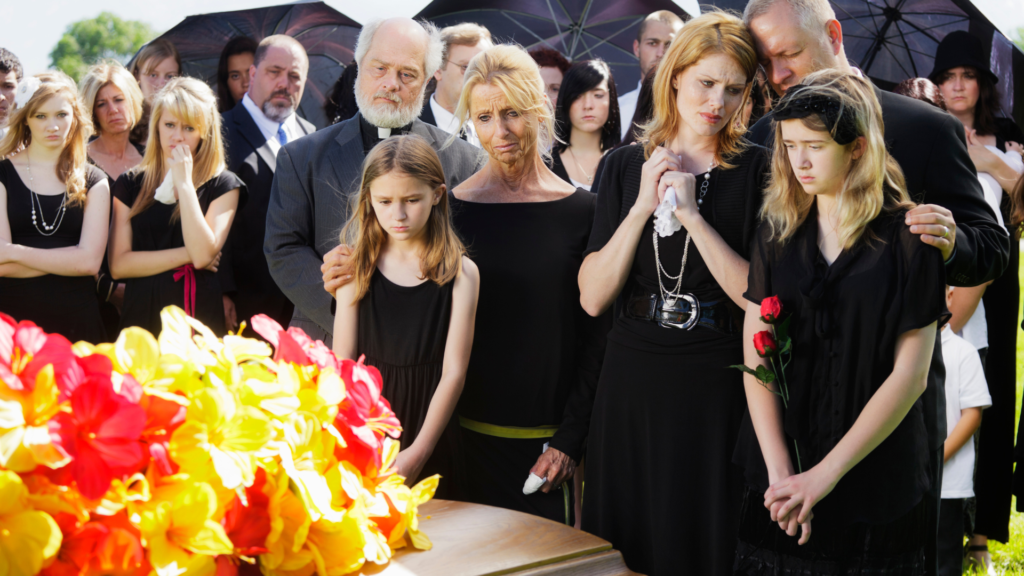
What to Wear to a Funeral – Women
Women’s funeral attire typically involves:
- Dress or Skirt with Blouse: A dress or skirt paired with a blouse is a common choice. Choose modest, knee-length or longer dresses, and avoid overly revealing or flashy outfits.
- Pantsuit or Conservative Pants with Blouse: If a dress or skirt isn’t preferred, a pantsuit or dress pants with a conservative blouse is an appropriate alternative.
What to Wear to a Funeral in Australia
- Climate Consideration: Australia’s diverse climate may impact attire choice. In warmer regions, lightweight fabrics in darker shades might be suitable, while in cooler climates, layering with appropriate outerwear is advisable.
- Cultural Sensitivity: Indigenous cultures or specific religious practices in Australia may have unique funeral attire customs. Respect these traditions if attending such services.
Remember, the goal of funeral attire is to show respect for the deceased and their loved ones. While these guidelines provide a general idea, it’s essential to consider the specific cultural or familial preferences of the departed or the funeral service when choosing your attire.
Ultimately, choosing what to wear to a funeral is about displaying reverence and support, expressing condolences through your appearance while also respecting any cultural or regional expectations that may exist.
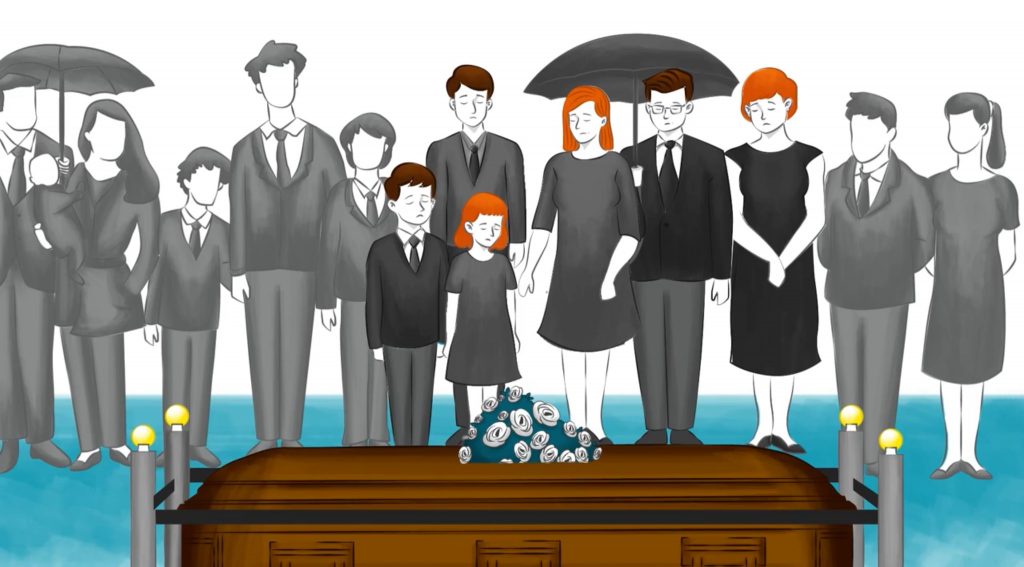
Get a free quote!
About eziFunerals
eziFunerals supports individuals and families cope with end of life decisions, death and funerals. We are an independent, Australian-owned and operated company. We are not part of any other funeral company.
Our member Funeral Directors operate in Sydney, Melbourne, Brisbane, Perth, Adelaide and Australia wide. They are chosen for their knowledge, quality, service, personalisation and experience. They go above and beyond, and will take the time to support the family.
For more information or to make contact with a trusted Independent funeral director, call eziFunerals on 1300 236 402 or visit www.ezifunerals.com.au.
